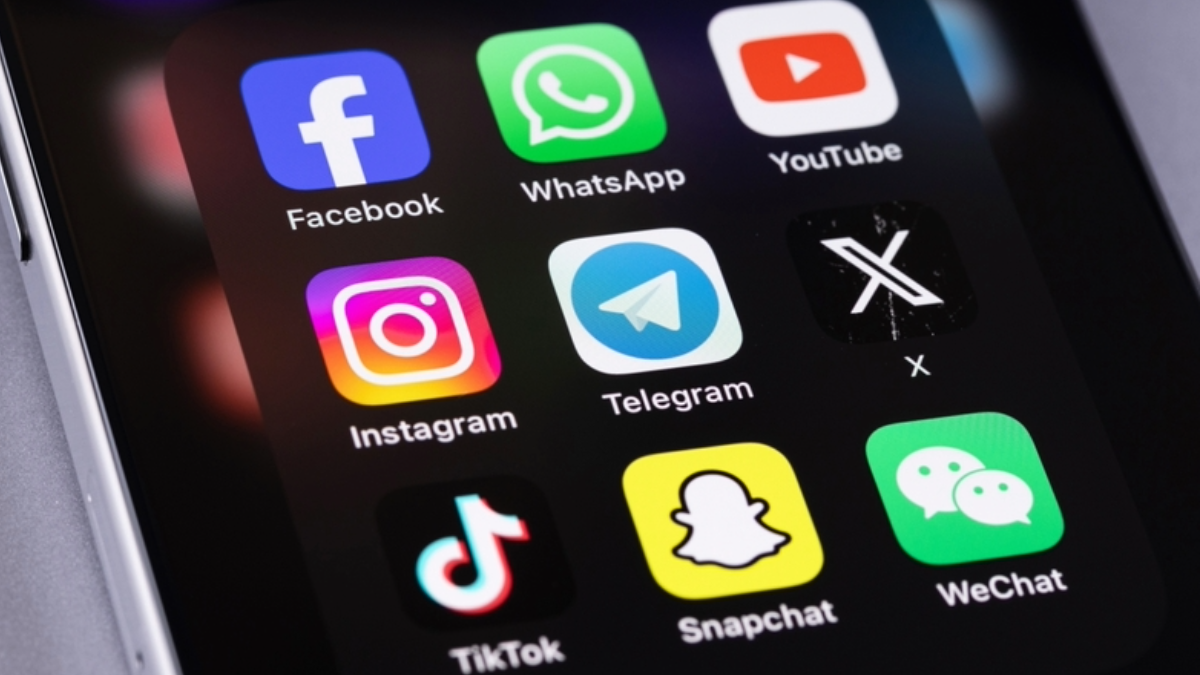Five Common Misconceptions About the Big Tech Antitrust Trials
John M. Newman / May 12, 2025In a few short weeks, the Federal Trade Commission’s long-awaited antitrust trial against Meta kicked off, a federal court found that Google had illegally monopolized two advertising-technology markets, a hearing on remedies for Google’s monopolization of online search was held, and a fourth court found that Apple had violated an order in an unfair-competition case over its app store practices.
This isn’t just a flurry of antitrust activity — it’s a blizzard. Unfortunately, as online chatter has started swirling around antitrust and Big Tech, many are repeating common misconceptions about the cases — and not just the rookies. On the bright side, most of them are pretty easy to correct. Here’s how:
Mistake #1: ‘The government is singling out Big Tech companies’
This one might be the easiest to correct: we can just look at antitrust enforcers’ actual track record, which reveals that they have been bringing cases across a broad swath of industries.
Over the past four years, the FTC and the Justice Department’s Antitrust Division have litigated and brought monopolization actions against crop-protection chemical suppliers, pharmaceutical companies, farm-equipment manufacturer John Deere, live-music conglomerate Live Nation, the infamous Martin Shkreli, a company called Surescripts that monopolized electronic-prescription services, suppliers of fuel trucks for the US Forest Service, suppliers of highway crack-sealing services in Montana and Wyoming, revenue-management provider RealPage, and more.
How does everyone from casual observers to longtime antitrust commentators end up making this mistake? Anything Big Tech-related generates a lot of headlines and online discourse. So if you’re passively following the news instead of actively following what the agencies are doing, it’s easy to get fixated on a few Big Tech cases and overlook all the rest.
Mistake #2: ‘Other products compete with the Defendant’s products, so the Defendant can’t be a monopoly’
This one also happens all the time. In a pretrial statement, for example, Meta claimed that it “compete[s] with Chinese-owned TikTok, YouTube, X, iMessage, and many others” and because of that the FTC’s claim that it has monopolized social media is erroneous. The implication is that these companies must all operate in the same market. Viewed through such a wide lens, even Meta would look tiny.
The mistake here is assuming that just because a broad market might exist, a narrower market can’t also exist. In antitrust case law, that’s dead wrong. The Supreme Court has held that a uniquely close group of products can compete in a narrow market (often called a “submarket”). So the possibility of a broad market for, say, “all online social networks” doesn’t affect the possibility of a narrower market for, say, “personal social networks,” as the FTC has alleged.
Mistake #3: ‘People have been using more of the relevant product over time, so the Defendant couldn’t have been monopolizing it’
Here’s another common misconception: thinking that just because a product’s usage was climbing, nobody was monopolizing it. (In antitrust cases, enforcers can often prove a monopoly exists by showing that a company was able to raise prices or degrade its products without losing too many customers.)
For example, here’s The Economist: “the idea that consumers have been poorly served by the social-media market in recent years is hard to square with the hours of extra time they are devoting to it.”
This is actually a bundle of bad reasoning. One problem is that it conflates output and welfare. Sometimes, higher output and consumption of a product mean we’re better off: we like the product so much that we’re using more of it. But that’s not always true.
Evidence at trial has revealed that Meta’s been increasing the advertising load on its users. That forces us to spend more and more time on-site just to see the same amount of friends-and-family content that we actually want to see. Usage might be going up, but that doesn’t mean we’re better off. Worse yet, studies show social media use can be addictive. Fentanyl use has been increasing too, but that doesn’t mean its users are better off either. And in any event, trends under monopoly conditions don’t tell us what could’ve happened in a more competitive world.
Mistake #4: ‘The government approved that acquisition before the Defendant completed it, so it can’t be illegal’
To be fair, this is a common mistake, even among antitrust wonks who have served in government or who offer commentary on cases.
But declining to sue at the time of an acquisition is not an approval. Let’s take a look at what the FTC actually told Facebook in 2012 at the time of the Instagram acquisition, for example: “This action is not to be construed as a determination that a violation may not have occurred . . . [and t]he Commission reserves the right to take such further action as the public interest may require.” That’s clearly not an approval. And the underlying statute itself is very clear: non-action at the time of the deal “shall not bar any proceeding or any action with respect to such acquisition at any time.”
Mistake #5: ‘The Government is asking for radical remedies’
Last but not least, I’ve seen a lot of claims that the government is asking for “radical” remedies in its cases against Google and Meta. Here’s Google’s VP of Regulatory Affairs, for instance, calling the government’s proposals “radical and sweeping.” Here’s a similar characterization of the FTC’s anticipated proposal that Meta be required to spin off Instagram and WhatsApp.
You wouldn’t know it from scrolling X, but past cases have actually gone a lot further. For example, the Supreme Court has previously ordered a combination of three fire- and burglar-alarm companies to spin off two acquired companies and also break up the remaining company. That would be like ordering Meta to spin off Instagram and WhatsApp and also break up Facebook, or ordering Alphabet to spin off Chrome and Android and also break up Google. As far as I know, nobody’s calling for that.
For another example, an earlier case involving tobacco companies required a breakup and also ordered the defendants to create brand-new competitor companies. That would be like ordering Meta to stand up a new, independent personal social network or ordering Google to create a new search engine that would compete against itself. The government isn’t asking for that either. Their actual and anticipated remedy proposals are carefully considered middle-ground solutions, not radical remedies.
Disclosures: I’ve done stints at both federal antitrust agencies. While at the FTC, I was involved in several cases involving digital markets, including the ongoing case against Meta. More recently, I’ve been consulting with Y Combinator, a venture-capital startup accelerator, on an amicus brief supporting the plaintiffs in the US v. Google (search) case. These are my views only and don’t draw on any nonpublic information. I have no affiliation with and have received no compensation from Tech Policy Press.
Authors

